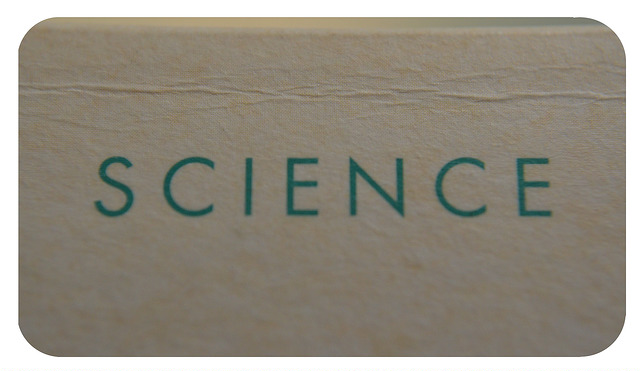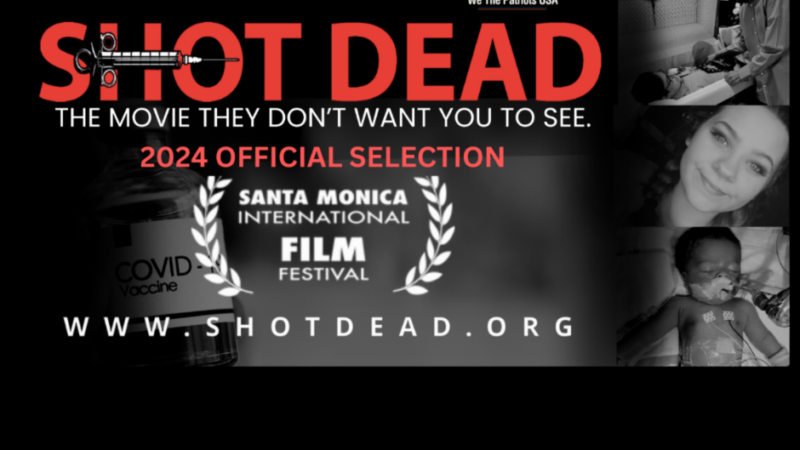Not Settled Nor Trustworthy?

When you have studies on one side stating that vaccines do not cause autism, and studies on the other side stating there is a link, which scientific conclusion do you trust?
In a 2009 meta-analysis of survey data on how many scientists fabricate and falsify research, it was found that almost 2% of scientists admitted to personally fabricating, falsifying, or modifying data or results at least once and almost 34% admitted other questionable research practices. In addition, 14% of scientists surveyed admitted that their colleagues falsified research and 72% admitted their colleagues participated in other questionable practices.
The authors state:
“…Misconduct was reported more frequently by medical/pharmacological researchers than others. Considering that these surveys ask sensitive questions and have other limitations, it appears likely that this is a conservative estimate of the true prevalence of scientific misconduct.”
http://journals.plos.org/plosone/article…
__________________________________________
But, scientific research is peer-reviewed prior to acceptance and publication in prestigious medical journals. How can this be?
“At the BMJ we did several studies where we inserted major errors into papers that we then sent to many reviewers. Nobody ever spotted all of the errors. Some reviewers did not spot any, and most reviewers spotted only about a quarter. Peer review sometimes picks up fraud by chance, but generally it is not a reliable method for detecting fraud because it works on trust.”
– Peer review: a flawed process at the heart of science and journals.
https://www.ncbi.nlm.nih.gov/pmc/articles/PMC1420798/
__________________________________________
Unfortunately, it’s more than just flawed, the entire system is corrupt:
Nobel Prize winner Sydney Brenner (for Physiology or Medicine in 2002) spoke of the peer review system in an interview in 2014:
“It’s corrupt in many ways, in that scientists and academics have handed over to the editors of these journals the ability to make judgment on science and scientists… it puts the judgment in the hands of people who really have no reason to exercise judgment at all. And that’s all been done in the aid of commerce, because they are now giant organizations making money out of it.”
http://kingsreview.co.uk/…/how-academia-and-publishing-are…/
__________________________________________
Sadly, science is wrought with conflicts of interest.
“The case against science is straightforward: much of the scientific literature, perhaps half, may simply be untrue. Afflicted by studies with small sample sizes, tiny effects, invalid exploratory analyses, and flagrant conflicts of interest, together with an obsession for pursuing fashionable trends of dubious importance, science has taken a turn towards darkness.”
– Dr. Richard Horton, editor in chief of the Lancet, regarding a symposium on the reproducibility and reliability of biomedical research held by the Academy of Medical Sciences.
http://www.thelancet.com/…/lancet/PIIS0140-6736%2815%296069…
__________________________________________
Unfortunately, the Centers for Disease Control, the American Medical Association, the American Academy of Pediatrics, etc. are all making recommendations and decisions based on this corrupt science:
“It is simply no longer possible to believe much of the clinical research that is published, or to rely on the judgment of trusted physicians or authoritative medical guidelines. I take no pleasure in this conclusion, which I reached slowly and reluctantly over my two decades as an editor of the New England Journal of Medicine.”
– Dr. Marcia Angell, physician and editor in chief of the New England Medical Journal.
https://www.ncbi.nlm.nih.gov/pmc/articles/PMC2964337/
__________________________________________
In the end, always consider the source.
Yes, it matters. No, it’s not a conspiracy theory.
Ask the question: Who benefits from this research, and who funded it?
The pharmaceutical industry maintains major influence over our most prized institution – unbiased discovery, education, and advancement, for the benefit of all.
For the industry, science has become a business tool for increasing profit, rather than an unbiased exploratory process. We need REAL science. Unbiased science. Science that doesn’t seek to profit from the results.
Do you put your faith in an industry which only profits when you are sick?
#marchforscience #exvaxxer
Original Article/Note found on Facebook @ https://www.facebook.com/ashleynelsoncates/posts/1371432082878424
Post Script:
Ashley Cates “My point has never been that we can’t trust science. It’s that we can’t trust industry-funded science. Anyone who seeks to profit off of the scientific results should not be funding any science whatsoever. Independent scientific research is usually pretty informative and I think much more trustworthy – there’s no financial incentive or pressure for a desired result. And this is the science I usually share.”






